Posted on 12/20/2024
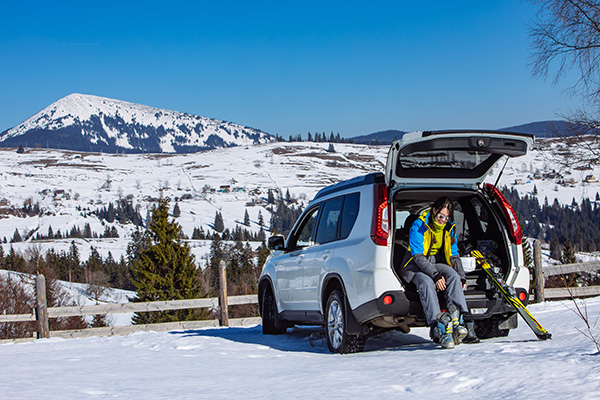
When winter rolls around, and the mountains call, a ski trip becomes the perfect getaway. But as thrilling as it is to imagine carving through fresh powder, failing to prepare your car for the journey can turn excitement into frustration. Packing the right essentials ensures you’re ready for the unexpected and makes your ski trip from Cromwell, CT, to snowy destinations a seamless adventure. So, what should you really have in your car before hitting the road? Essential Emergency Gear Ski trips often mean navigating icy roads, unpredictable weather, and remote mountain passes. Having an emergency kit in your car isn’t just smart—it’s non-negotiable. Start with a good set of jumper cables, a reliable flashlight with extra batteries, and a first-aid kit. These items come in handy for both minor inconveniences and serious situations. If you get stuck in snow or ... read more
Posted on 11/29/2024
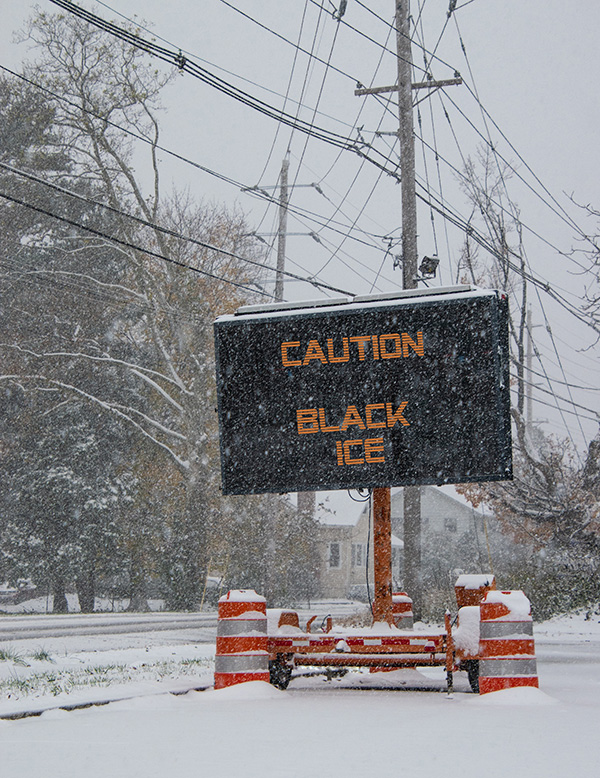
Winter driving can bring its own set of challenges, but black ice is one of the most treacherous. This nearly invisible hazard can turn even the safest drive into a dangerous situation in the blink of an eye. If you've ever wondered how to spot black ice and what you can do to avoid it, you're at the right place. What Exactly Is Black Ice Black ice is a thin layer of ice that forms on the road surface, often blending seamlessly with the pavement. Unlike snow or slush, black ice is nearly invisible, which is why it is so dangerous. It typically forms during the early morning or late evening hours when temperatures drop below freezing. Bridges, overpasses, and shaded areas are especially prone to black ice formation because these spots freeze faster than the rest of the road. While the name suggests it's black, black ice is actually clear—it just takes on the color of the road beneath it. Recognizing the conditions that lead to black ice is your firs ... read more
Posted on 10/31/2024
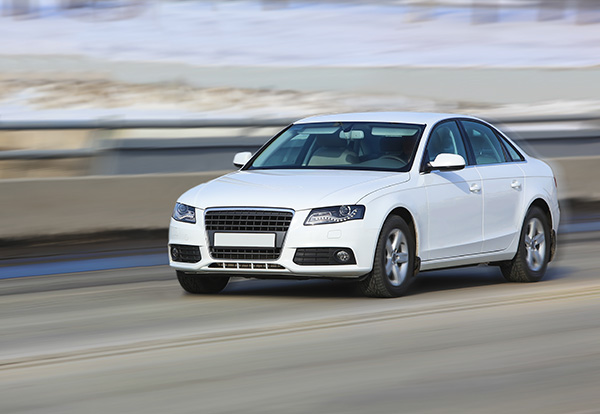
Have you noticed a subtle but unsettling vibration creeping through your steering wheel, floor, or even your seat? Car vibrations at high speeds are more than just an annoyance—they signal an underlying problem that needs attention. But what exactly is causing your car to vibrate when you're cruising down the highway? We'll share the most common culprits behind this issue and how you can get back to a smoother ride. 1. Unbalanced or Worn Tires One of the most common reasons your car might vibrate at high speeds is unbalanced or worn-out tires. Over time, tires naturally wear down, but uneven wear can cause serious issues. If your tires aren’t balanced correctly or if they have worn down in specific spots, they can cause vibrations as the weight distribution is uneven. This is especially noticeable at higher speeds when the imbalance becomes more pronounced. Tires that have been improperly inflated or have a bulge can also contribute to the problem ... read more
Posted on 9/27/2024
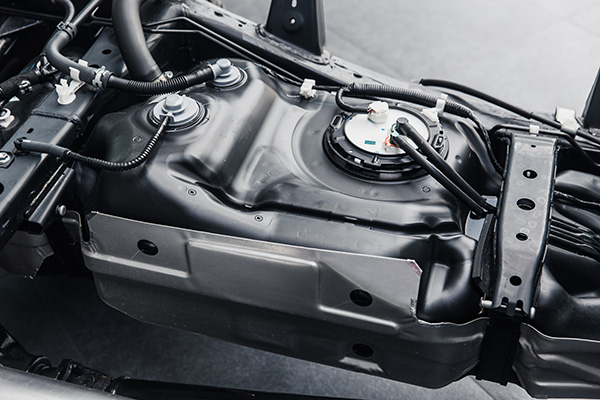
Do you often drive on the road, watching that fuel gauge needle inch closer and closer to empty, hoping to squeeze out just a few more miles before the next gas station? But what happens when you actually let your fuel tank run dry? It’s easy to dismiss the idea as a minor inconvenience, but running out of fuel can have serious consequences for your car. Let’s explore what really happens when you let your tank go empty and why it's a situation you should try to avoid. Damage to the Fuel Pump Your car's fuel pump relies on gasoline not just for fuel but for cooling and lubrication. When you run out of gas, the pump starts pulling in air, which can cause it to overheat. Over time, this can lead to fuel pump failure. Unfortunately, replacing a fuel pump is neither quick nor cheap. A malfunctioning pump means your car won’t be able to get fuel from the tank to t ... read more
Posted on 8/30/2024
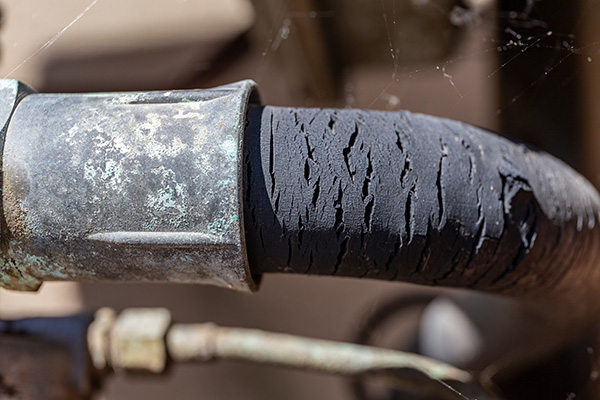
When it comes to car maintenance, we often focus on the big-ticket items like oil changes, tire rotations, or brake inspections. But sometimes, the smaller, overlooked components can cause the most significant damage if not maintained properly. Such components are the various hoses. Hoses in your car play a crucial role in keeping everything running and when they crack, the consequences can be severe. You might be wondering, “Can a cracked hose really cause engine damage?” The short answer is yes. But let’s look deeper into why this is the case and what you can do to prevent it. The Role of Hoses in Your Vehicle Hoses might not seem like much, but they are essential for the proper functioning of your vehicle. They are responsible for transporting fluids, such as coolant, fuel, and hydraulic fluid, to various parts of the engine and other critical sy ... read more